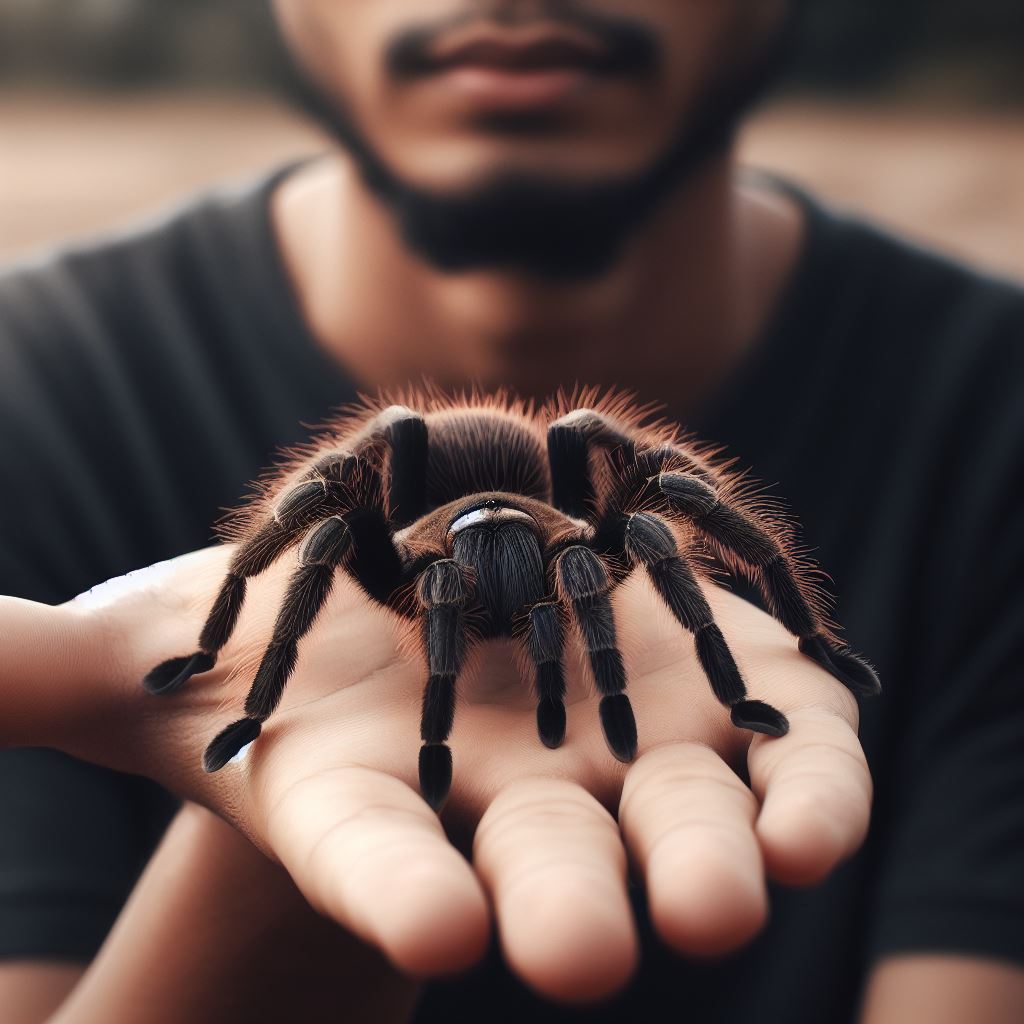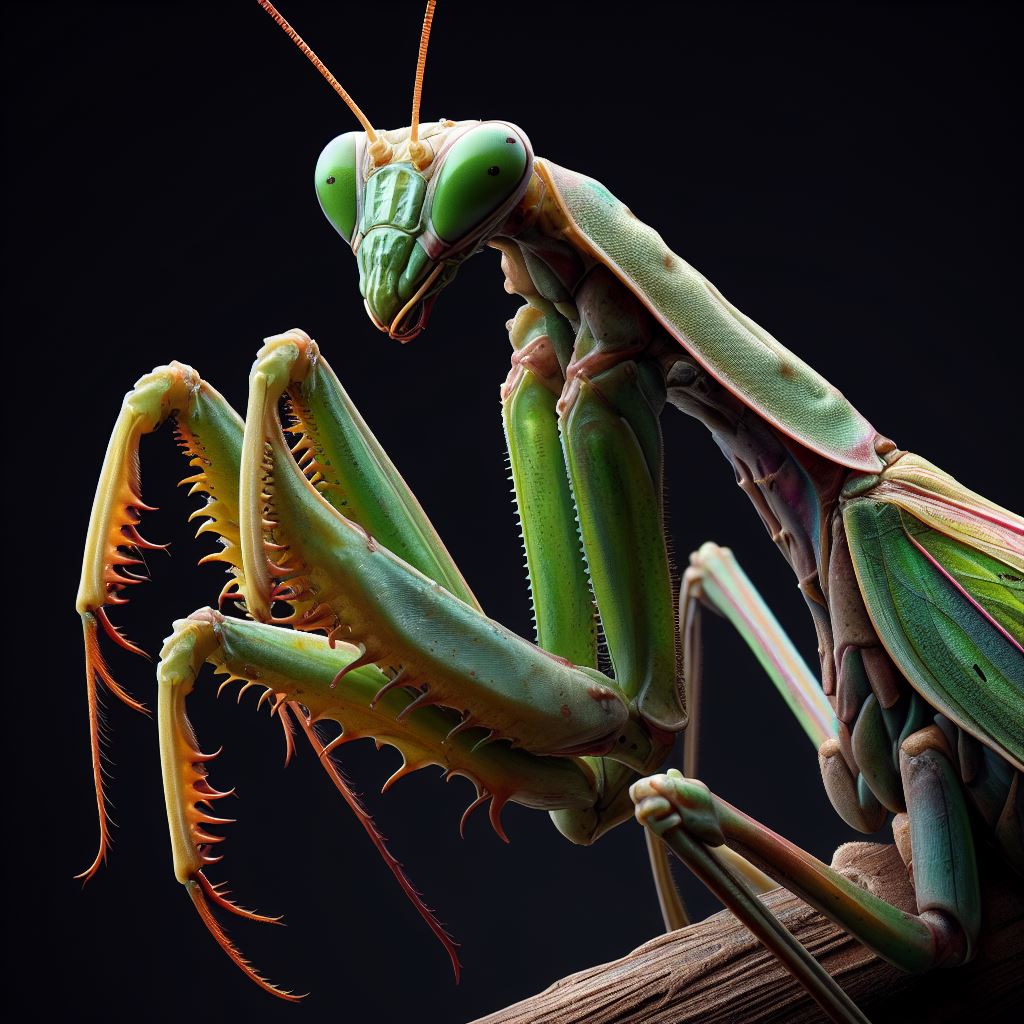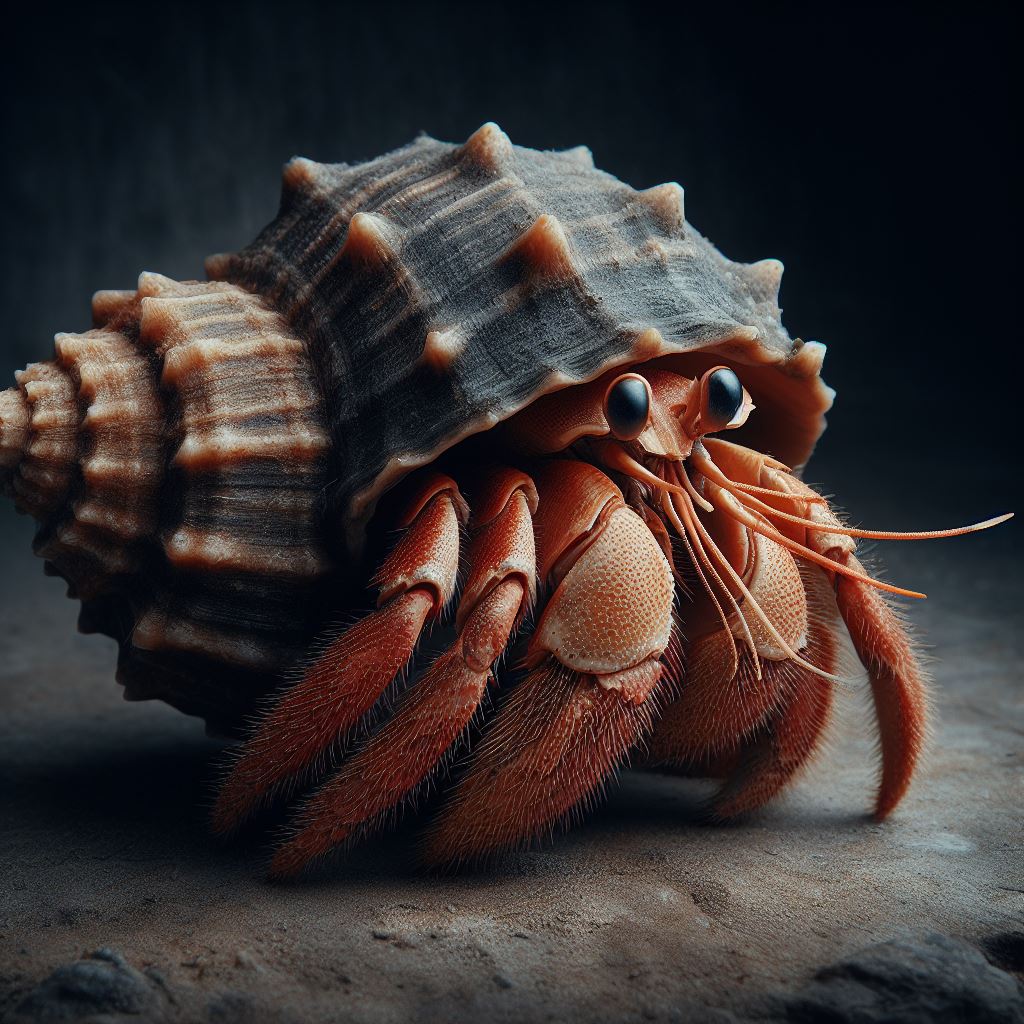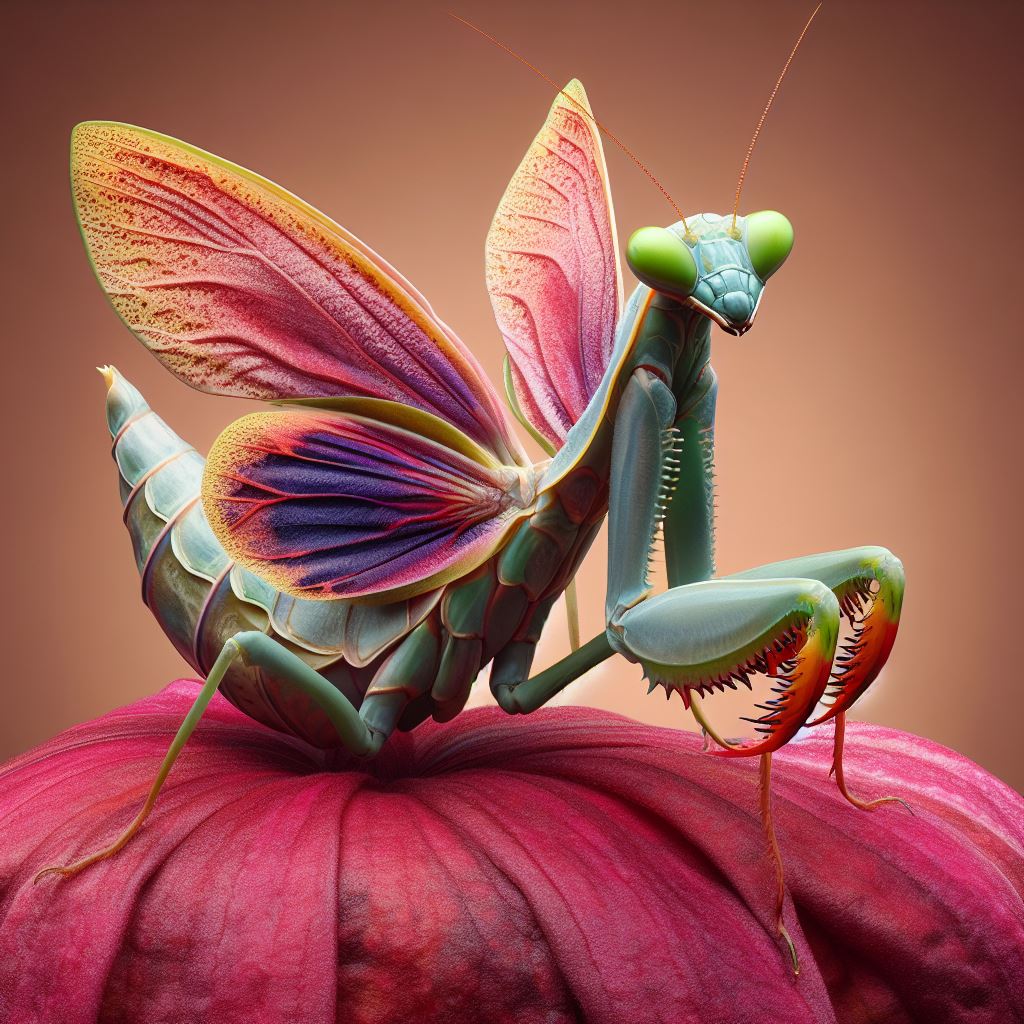The world of exotic pets is vast and intriguing, and within it, Emperor Scorpions stand out as captivating creatures. Their unique charm and mysterious allure have made them a popular choice among exotic pet enthusiasts. However, before delving into the realm of these fascinating arachnids, it’s essential to understand the legalities and responsibilities that come with owning them.
Understanding Emperor Scorpions
Taxonomy and Species Overview
Emperor Scorpions, scientifically known as Pandinus Imperator, belong to the Scorpionidae family. With their jet-black exoskeleton and imposing pincers, they are an iconic species among scorpions. Native to the rainforests and savannas of West Africa, they’ve adapted unique characteristics over centuries of evolution.
Natural Habitat and Behavior
In the wild, Emperor Scorpions are nocturnal hunters, navigating the dark undergrowth in search of prey. Their keen senses and stealthy movements make them efficient hunters. Understanding their natural behavior is crucial for recreating a suitable environment in captivity.
Unique Features and Adaptations
Emperor Scorpions boast a robust exoskeleton, providing excellent protection against predators. Their venomous sting, while potent, is typically non-lethal to humans. They also possess specialized organs that detect even the slightest vibrations, aiding them in hunting and self-defense.
Choosing Your Emperor Scorpion
Selecting a Healthy Emperor Scorpion
When choosing an Emperor Scorpion, look for one with a glossy exoskeleton, indicating good health. The scorpion should be active, with no visible signs of injury or deformities. A healthy scorpion exhibits alertness and responsive behavior, indicating its well-being.
Considerations for Multiple Scorpions: Keeping Them Together
If you plan to keep multiple Emperor Scorpions, ensure they are similar in size to prevent aggression. Providing ample hiding spots and creating a spacious habitat reduces territorial disputes. Regular monitoring is essential to ensure peaceful cohabitation.
Emperor Scorpion Habitat Setup
Enclosure Selection: Terrariums and Vivariums
Terrariums with secure lids are ideal for Emperor Scorpions, as they prevent escapes. Choose a tank size that allows for natural movements and includes hiding spots like rocks and logs. Vivarium setups, mimicking their natural habitat with live plants and substrate, enhance their overall well-being.
Substrate Choices and Importance
A substrate of coconut fiber or peat moss maintains the necessary humidity levels for Emperor Scorpions. This substrate also supports burrowing behavior, offering a sense of security. Avoid substrates that are too damp, as excessive moisture can lead to health issues.
Temperature and Humidity Control
Emperor Scorpions thrive in temperatures between 75-85°F (24-29°C) during the day, with a slight drop at night. Maintaining humidity levels around 70-80% is vital to support their respiratory function and prevent dehydration, especially during molting.
Lighting Needs and Schedule
Emperor Scorpions are nocturnal and do not require specific lighting. However, providing a natural light-dark cycle resembling their native environment helps regulate their internal clock. The ambient room light is often sufficient to simulate natural lighting conditions.
Emperor Scorpion Feeding and Diet
Natural Diet in the Wild: Insight into Their Eating Habits
In the wild, Emperor Scorpions prey on insects, small arthropods, and even small vertebrates. Their diet is rich in protein, and replicating this variety in captivity is essential for their nutritional needs.
Appropriate Food for Captive Scorpions
In captivity, feed Emperor Scorpions a diet of gut-loaded crickets, mealworms, and small roaches. These insects should be appropriately sized to prevent choking hazards. Occasional treats like waxworms or silkworms add variety to their diet.
Feeding Schedule and Portion Control
Adult Emperor Scorpions typically require feeding 2-3 times a week, while juveniles may need to be fed more frequently. Always remove uneaten prey to maintain the cleanliness of the enclosure. Portion control is vital to prevent overfeeding, which can lead to obesity and other health issues.
Supplementation: Vitamins and Minerals
To ensure a balanced diet, consider dusting their prey with calcium and multivitamin supplements. These supplements compensate for any nutritional gaps in their diet, promoting overall health and vitality.
Emperor Scorpion Handling and Socialization
Handling Techniques: Safety Measures for You and Your Scorpion
While Emperor Scorpions are relatively docile, handling should be approached with caution. Use gentle and slow movements, allowing the scorpion to crawl into your hand voluntarily. Always wear gloves to protect both yourself and the scorpion.
Building Trust and Minimizing Stress
Building trust with your scorpion takes time and patience. Avoid sudden movements and loud noises, which can stress them. Spend time near the enclosure, allowing them to get used to your presence. Over time, they may become more tolerant of your interactions.
Socialization with Humans: Interaction Guidelines
Although scorpions are not social animals in the same way mammals are, gentle interactions, such as hand feeding, can help them associate your presence with positive experiences. Observe their body language; if they show signs of stress, give them space and time to retreat.
Grooming and Hygiene
Molting Process: Understanding the Molting Cycle
Emperor Scorpions molt periodically to grow and regenerate damaged body parts. During molting, they are vulnerable and may hide. Providing a quiet, stress-free environment during this time is essential. Molting frequency varies with age, with juveniles molting more frequently than adults.
Post-Molt Care: Providing the Right Environment
After molting, the scorpion’s exoskeleton is soft and vulnerable until it hardens. Ensure a humid environment and offer soft substrates to prevent injuries. Avoid handling or disturbing them during this delicate period, allowing them to recover in peace.
Grooming and Cleaning the Enclosure
Regularly clean the enclosure to maintain a hygienic environment. Remove uneaten prey, molted exoskeletons, and any waste promptly. Spot clean the enclosure weekly and perform a thorough cleaning, including substrate replacement, every month.
Healthcare and Common Health Issues
Regular Health Checks: Importance and Signs of Illness
Regularly observe your scorpion for any signs of abnormal behavior, such as lethargy or loss of appetite. Changes in coloration, disorientation, or difficulty in movement can indicate health issues. Prompt veterinary consultation is necessary if any unusual symptoms occur.
Common Health Issues: Identification and Treatment
Common health problems in Emperor Scorpions include dehydration, parasites, and injuries from falls. If you notice any signs of illness, consult a veterinarian with experience in exotic pets. Treatment may involve medication, dietary adjustments, or changes in the enclosure setup.
First Aid Kit Essentials for Scorpions
Having a first aid kit specific to scorpions is essential for emergencies. Include items like tweezers for handling, cotton swabs for applying antiseptic, and a small container for isolating injured scorpions. Additionally, keep the contact information of a veterinarian experienced in arachnid care readily available.
Reproduction and Breeding
Mating Behavior: Insights into Scorpion Courtship
Emperor Scorpions engage in an elaborate courtship ritual, involving gentle touches and vibrations. Successful mating results in the female carrying the embryos in her abdomen until they mature into young scorplings. Observing this behavior is both fascinating and crucial for successful breeding.
Pregnancy and Birth: Monitoring the Female
During pregnancy, the female scorpion’s abdomen expands, indicating the presence of embryos. Provide a secure, stress-free environment, ensuring she has access to food and water. Avoid handling or disturbing her during this delicate period, allowing her to gestate in peace.
Caring for Scorpion Offspring: Nurturing the Young Ones
Once the scorplings are born, they climb onto the mother’s back, where they stay until their first molt. Ensure a quiet enclosure with hiding spots and provide small, soft prey like fruit flies for their initial meals. Monitor their development closely, providing optimal conditions for their growth.
Conclusion
In conclusion, keeping Emperor Scorpions as pets is a rewarding endeavor that offers a unique glimpse into the world of arachnids. By understanding their natural behavior, providing suitable habitats, and offering a balanced diet, you can create a thriving environment for these enigmatic creatures. Remember, patience and respect are key when caring for these exotic pets, ensuring not only their well-being but also a fascinating experience for any enthusiast.





